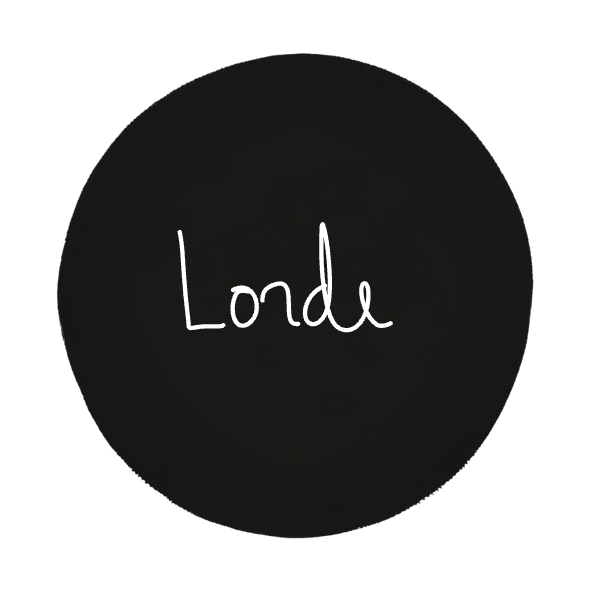Objective
To assess whether Lorde (Ella Yelich-O’Connor), the New Zealand singer-songwriter known for her introspective lyrics and unconventional artistry, aligns with the INFP (Introverted, Intuitive, Feeling, Perceiving) personality type by examining her creative expression, communication style, public behavior, and underlying values.
Framework: MBTI Cognitive Functions
- Fi (Introverted Feeling) – dominant
- Ne (Extraverted Intuition) – auxiliary
- Si (Introverted Sensing) – tertiary
- Te (Extraverted Thinking) – inferior
Data Collection: Observed Traits of Lorde
- Emotionally expressive through art: Her lyrics often reflect deep internal emotional states, personal meaning, and value-laden themes.
- Individualistic and unconventional: Known for resisting mainstream pop aesthetics and forging her own path in sound and visuals.
- Empathetic and introspective: Frequently comments on emotional and existential themes in interviews and lyrics.
- Abstract and symbolic communication: Her music and visuals often contain metaphor, ambiguity, and rich symbolism.
- Private but principled: While reserved about personal life, she openly advocates for authenticity, creative integrity, and staying true to oneself.
- Sporadic and nonlinear output: She releases work on her timeline, often disappearing from the public eye to process experiences before creating.
Pattern Analysis via Cognitive Functions
Fi (Dominant Introverted Feeling)
- Evidence: Lyrics explore identity, personal values, heartbreak, and existential searching (e.g. “Liability,” “Ribs,” “Stoned at the Nail Salon”).
- Analysis: Dominant Fi users filter the world through their internal value system. Lorde’s songwriting clearly expresses this function—deeply personal, emotionally authentic, and morally resonant.
Ne (Auxiliary Extraverted Intuition)
- Evidence: Her creative projects are filled with imaginative leaps and symbolic experimentation (e.g. Melodrama as a narrative of emotional chaos, Solar Power as a philosophical shift).
- Analysis: Auxiliary Ne users explore abstract ideas and alternative perspectives. Lorde’s thematic reinventions and openness to abstract expression reflect a strong Ne influence.
Si (Tertiary Introverted Sensing)
- Evidence: Lyrics often reference past experiences, nostalgia, and personal memory (“in my head I play a supercut of us”).
- Analysis: Tertiary Si supports Fi by grounding it in concrete emotional memories. Lorde uses past personal events as emotional anchors for her artistic expression.
Te (Inferior Extraverted Thinking)
- Evidence: Rarely emphasizes external metrics of success; critical of industry expectations and productivity standards.
- Analysis: Inferior Te may result in difficulty with structured systems or skepticism toward rigid external logic. Lorde’s tendency to reject formulaic approaches and take extended creative breaks suggests discomfort with externally imposed goals or structures.
Conclusion
- Dominant Introverted Feeling (Fi) → emotionally authentic, deeply values-driven
- Auxiliary Extraverted Intuition (Ne) → imaginative, abstract, and open to change
- Tertiary Introverted Sensing (Si) → nostalgic, memory-informed creativity
- Inferior Extraverted Thinking (Te) → discomfort with rigid structure and external productivity metrics
Synthesis
Lorde exemplifies the INFP archetype: an emotionally rich, inwardly driven artist who channels a unique inner world into symbolic, imaginative art. She values authenticity, rejects conformity, and crafts music as a mirror to her evolving self-understanding. Though she may appear elusive or nontraditional in output, her guiding principles are consistent, anchored in deep emotional truth and idealism. This positions her as a visionary and emotionally resonant figure in modern music.
***
